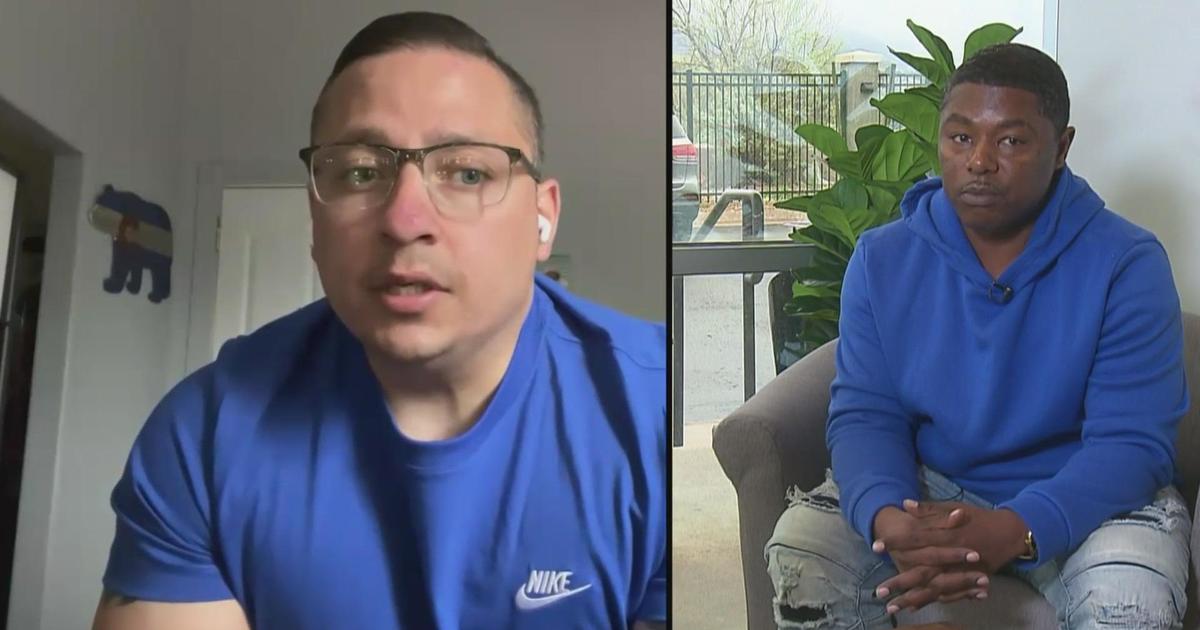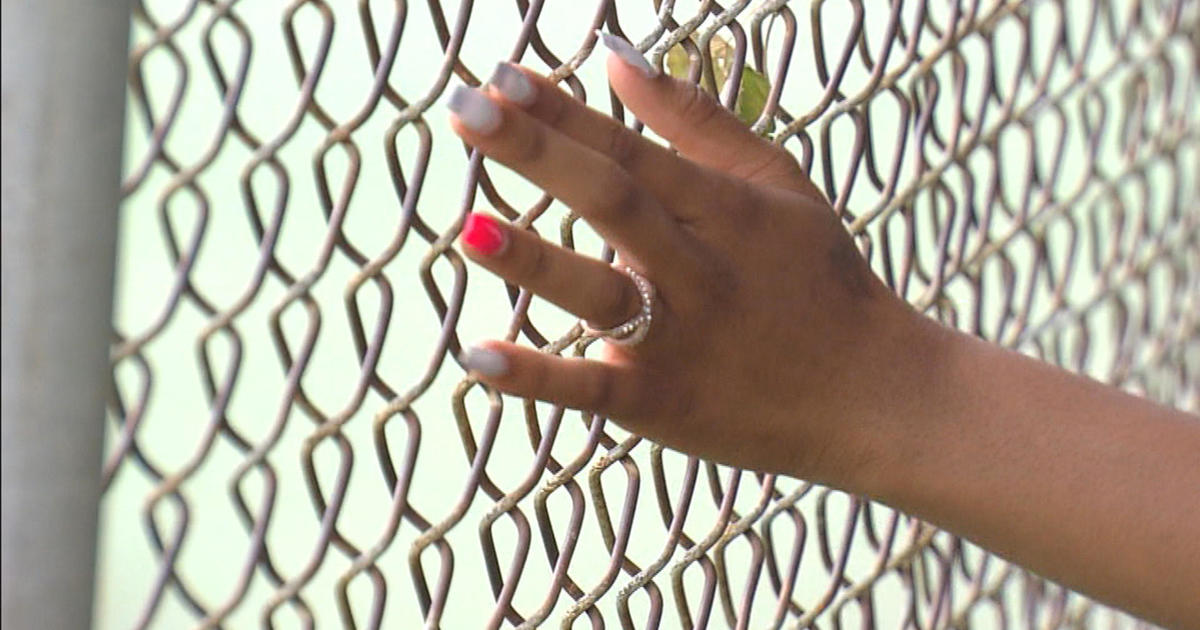Colorado's leading disease experts celebrate vaccine trials aimed at preventing RSV
Colorado's leading disease experts are celebrating the success of Pfizer's vaccine trials which are aimed at preventing respiratory syncytial virus, or RSV.
The trial phase is now closing as the company prepares to seek FDA approval. Colorado's leading experts on the virus support the move and say the vaccine is ready.
Dr. Eric Simoes has been studying the virus for nearly 40 years and recently was running Pfizer trials at The University of Colorado School of Medicine where he is a clinical professor.
"We immunized mothers, that was part of the big study, we had 7,400 children, we had about 100 mothers that we immunized here in Colorado at the University Hospital, and we followed the babies," Simoes continued, "so what we did was we immunized mothers before the RSV season so that when the babies were born, they were protected with antibodies from the mother."
He says it worked well at preventing severe disease; when given to pregnant women in trials, it was almost 82% effective in preventing severe RSV in newborns to 3-months-old, and almost 70% effective in children through 6 months of age.
Simoes, who is the infectious disease expert at Children's Hospital Colorado calls it a major win for pediatricians and parents alike and is confident the vaccine will be approved.
When that happens, it will be the first inoculation against RSV and the first new product related to the infection in over two decades.
So what if the vaccine is too late for you? Simoes says there are other trials in the works, that have shown success in preventing RSV in babies after birth.
He is recruiting mothers of infants born after January 2022 to participate in a trial utilizing monoclonal antibodies to prevent RSV. He says the results have been equally as promising as those seen with Pfizer's maternal vaccine.
The commitment is about a year, but Simoes is confident in the efficacy.
"It is a very opportune time for parents if they want their infants protected," said Dr. Simoes.
If you are interested in participating in the study, more information can be found here: researchstudies.cuanschutz.edu/



